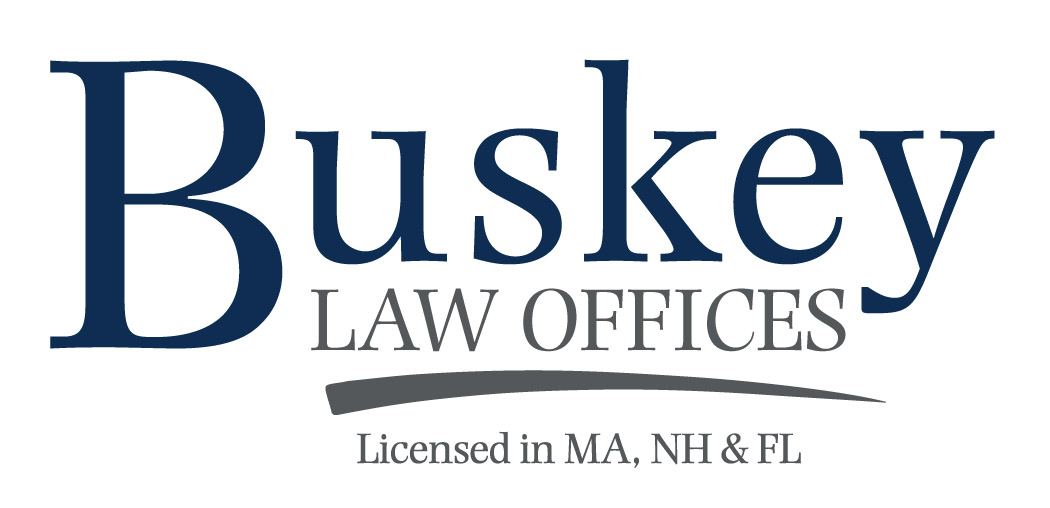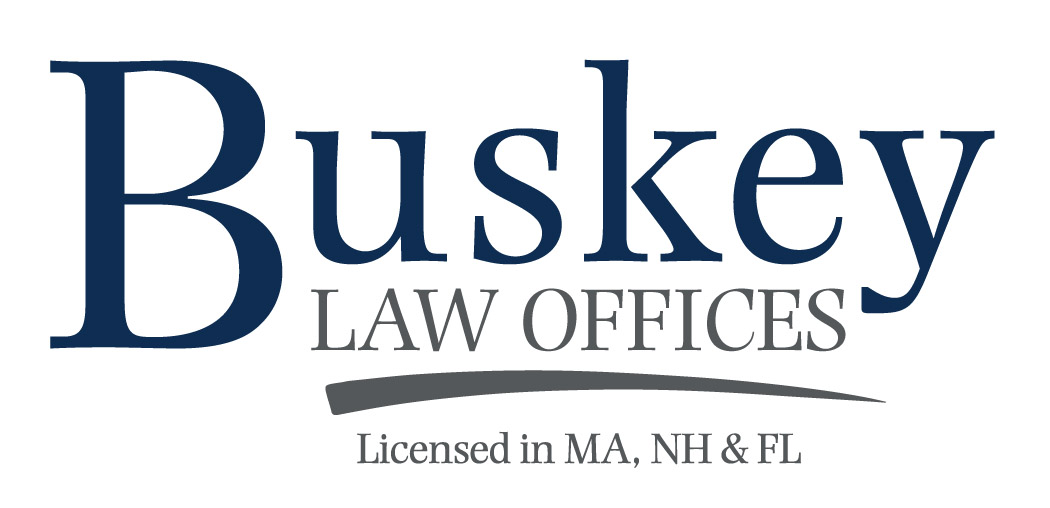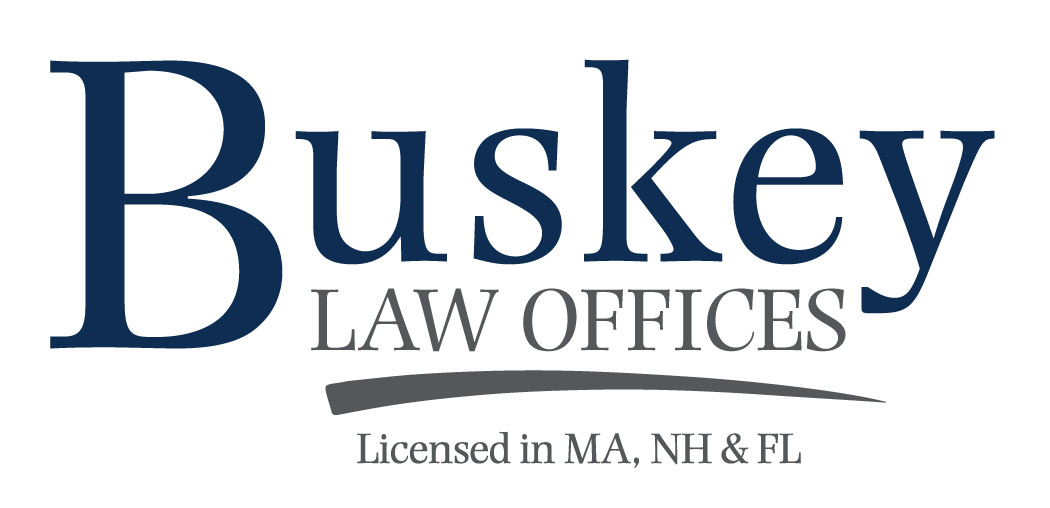Every estate plan should include a Last Will; however, to avoid probate administration after your death, all of your assets must pass to the beneficiaries without looking at the Will. If the Will needs to be consulted, then it must be done through the Probate Court - a public, and sometimes costly and time-consuming, process. Avoiding probate can be done with some relatively simple planning that might include joint ownership, beneficiary designations or a trust. It is not uncommon to have a revocable trust as part of an estate plan, but what is common is the failure to “fund” that revocable trust during lifetime in order to avoid probate court administration, not only after your death, but also during your life should you suffer incapacity. Simply signing a revocable trust as part of your plan is not enough. You have to take the next steps to fund your revocable trust by transferring the ownership of certain assets to the trustees. This is a necessary even if you are transferring to yourself as the trustee. For example, John and Mary Doe set up a revocable trust as part of their overall estate plan. After signing the trust, they take the next step of transferring their home to the trust by signing and recording a deed from themselves individually to themselves as trustees (as well as a new Homestead Declaration for their Massachusetts’ home). If John suffers from incapacity in the future, then Mary (as the remaining trustee) will have the authority to sell or otherwise transfer the home without John’s signature, and she will not be forced to seek a guardianship over him through the probate court to do so. Also, on the death of both John and Mary, their children will inherit the house without the need to go through the probate court, saving time and money. Although every situation is different, and your attorney should advise you with respect to each specific asset that you own, generally speaking real estate, non-retirement investment accounts, shares in family-owned businesses and bank assets can be transferred to your revocable trust to avoid probate. There is always an exception to the rule, and retirement accounts are that exception, as they are not transferred to trust during the lifetime of the participant, and they require special trust provisions if a trust is going to be the designated beneficiary. Also, keep your revocable trust in mind when you are acquiring new assets. If you acquire an asset directly into the trust (have the trustee be the purchaser of the vacation home or the stocks), then you eliminate the need to make a subsequent transfer into the trust. As an aside, if you are purchasing real estate with the help of a lender who refuses to loan to a revocable trust, you might consider another lender that is more flexible. If you have not funded your trust, now is the time to do so. Please do not hesitate to contact me to discuss further what assets should be in your trust and how to make the transfers.


